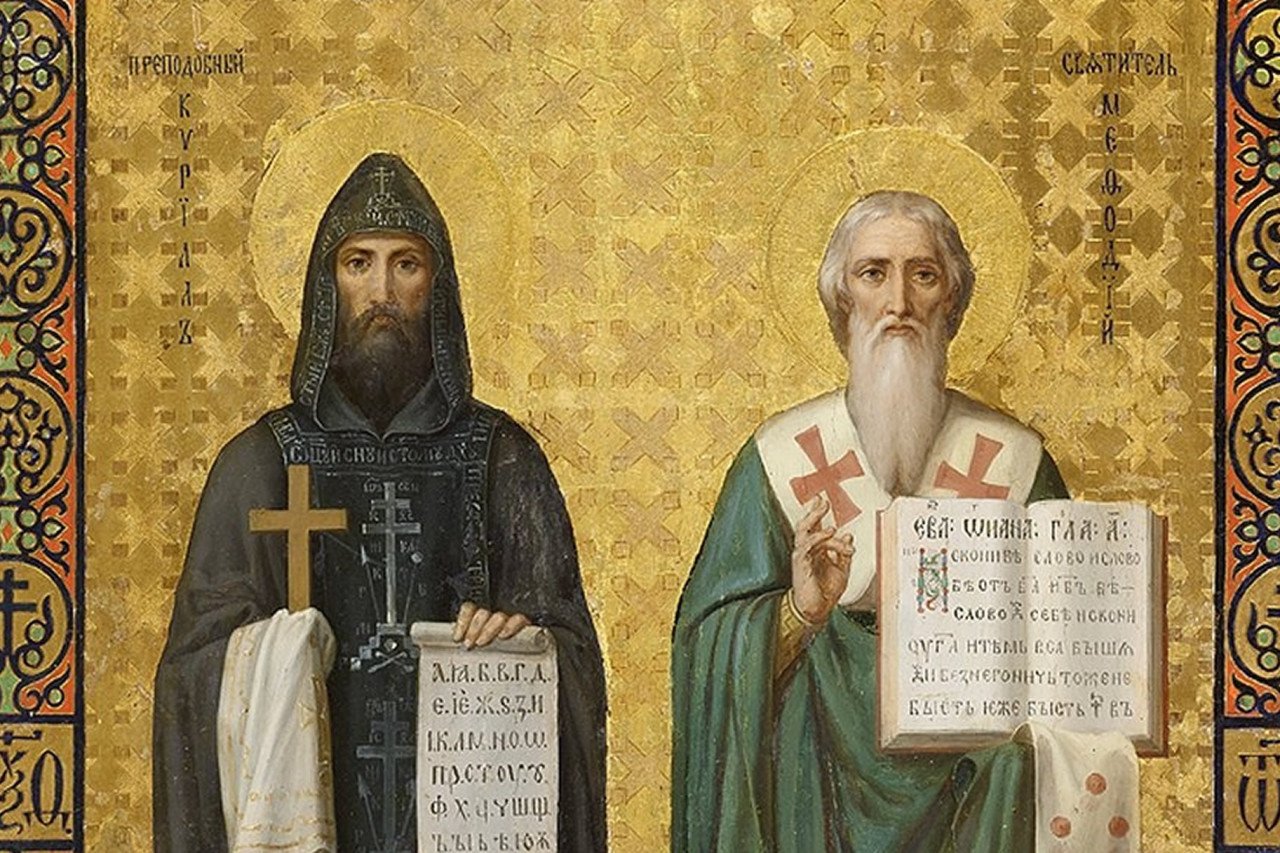St. Cyril’s Day, celebrated on March 18th in Bulgaria, is a momentous occasion that commemorates the life and contributions of St. Cyril, a revered figure in Slavic history and culture. This biography blog delves into the rich tapestry of St. Cyril’s life, his scholarly achievements, and the enduring significance of St. Cyril’s Day in Bulgarian culture.
The Life of St. Cyril:
St. Cyril, born in Thessalonica (modern-day Greece) in the 9th century, entered the world as Constantine. Alongside his brother, Methodius, he embarked on a profound journey of intellectual exploration and spiritual devotion. Their upbringing in a devout Christian family laid the foundation for their future endeavors, instilling in them a deep sense of faith and purpose.
Scholarly Achievements:
St. Cyril’s scholarly pursuits were guided by a profound commitment to education and enlightenment. His most enduring contribution to humanity lies in the creation of the Cyrillic alphabet, a feat that revolutionized Slavic literacy and culture. Drawing inspiration from Greek and Glagolitic scripts, St. Cyril meticulously crafted an alphabet tailored to the linguistic needs of Slavic-speaking peoples. This innovation not only facilitated the translation of sacred texts but also empowered Slavic communities to preserve and celebrate their language and heritage.
Missionary Work:
St. Cyril and Methodius embarked on a transformative missionary journey to the Great Moravia region, encountering linguistic and cultural barriers along the way. Undeterred by challenges, they devised the Glagolitic alphabet and translated key religious texts into the Slavic vernacular, making Christianity accessible to diverse audiences. Their missionary endeavors bore fruit, as they succeeded in spreading the gospel and nurturing burgeoning Christian communities.
Legacy and Cultural Significance:
St. Cyril’s legacy reverberates throughout history, transcending geographical boundaries and enriching the cultural tapestry of Slavic nations. In Bulgaria, St. Cyril’s Day is celebrated with great reverence and festivity, serving as a poignant reminder of the nation’s linguistic heritage. The Cyrillic alphabet, named in honor of St. Cyril, remains the cornerstone of Bulgarian identity, serving as a symbol of unity and resilience in the face of adversity.
St. Cyril’s Day: A Time for Celebration and Reflection:
On March 18th, Bulgarians and admirers of St. Cyril worldwide gather to honor his memory and celebrate his enduring legacy. Festivities abound, featuring cultural performances, religious ceremonies, and educational events highlighting St. Cyril’s contributions to language, literature, and spirituality. It is a time for reflection on the profound impact of St. Cyril’s teachings and the importance of preserving and promoting cultural heritage for future generations.
Conclusion:
St. Cyril’s Day serves as a beacon of inspiration, reminding us of the transformative power of knowledge, faith, and cultural pride. Through his scholarly achievements and missionary zeal, St. Cyril left an indelible mark on Slavic civilization, shaping the course of history and influencing generations to come. As Bulgarians and people worldwide commemorate St. Cyril’s Day, they pay homage to a saint, scholar, and visionary whose legacy continues to illuminate the path towards enlightenment and unity.






